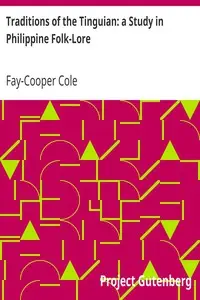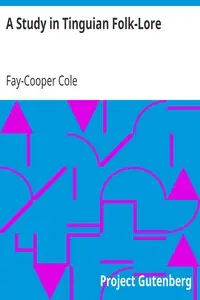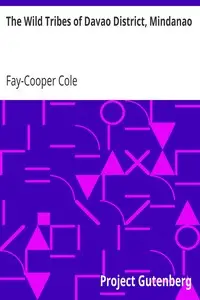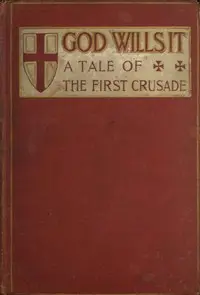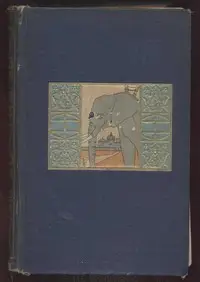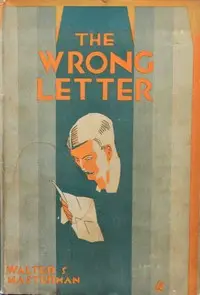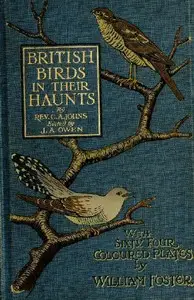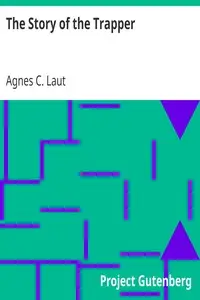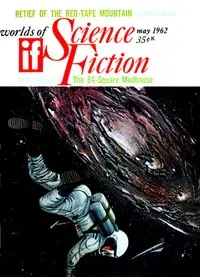"The Tinguian: Social, Religious, and Economic Life of a Philippine Tribe" by Fay-Cooper Cole is an ethnographic study written in the early 20th century. The work delves into the intricate aspects of the Tinguian people, a pagan tribe residing primarily in the mountainous province of Abra, in northwestern Luzon, Philippines. The book likely covers their societal structures, religious beliefs, and economic practices, aiming to provide a comprehensive insight into how they live and interact with their environment and one another. At the start of the text, the author introduces the Tinguian tribe, clarifying misconceptions surrounding their ethnicity and origins. Cole discusses the Tinguian's mixed ancestry, tracing their historical migrations and cultural practices that have shaped their identity. The opening portion establishes a foundation for the subsequent chapters, setting the stage for detailed explorations of the tribe's geographical relations, cycles of life from birth to death, and religious ceremonies. It highlights the contradictions in perceptions of the Tinguian, suggesting a complex, nuanced understanding of their culture that will unfold in the following discussions. (This is an automatically generated summary.)
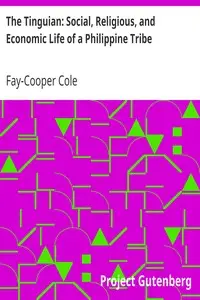
The Tinguian: Social, Religious, and Economic Life of a Philippine Tribe
By Fay-Cooper Cole
"The Tinguian: Social, Religious, and Economic Life of a Philippine Tribe" by Fay-Cooper Cole is an ethnographic study written in the early 20th centu...
Fay-Cooper Cole was a professor of anthropology and founder of the anthropology department at the University of Chicago; he was a student of Franz Boas. Most famously, he was a witness for the defense for John Scopes at the Scopes Trial. He graduated from Northwestern University in 1903 and became Assistant Curator of Anthropology of at the Field Museum of Natural History the following year. He led the museum's Philippine expeditions, collecting more than 5,000 objects, traveling together with his wife, Mabel Cook Cole, with whom he co-authored The Story of Man. He helped establish the University of Chicago's graduate program in Anthropology and started an archeological survey of Illinois. Cole also played a central role in planning the anthropology exhibits for the 1933 Century of Progress World's Fair. He was elected a Member of the American Philosophical Society in 1941.

